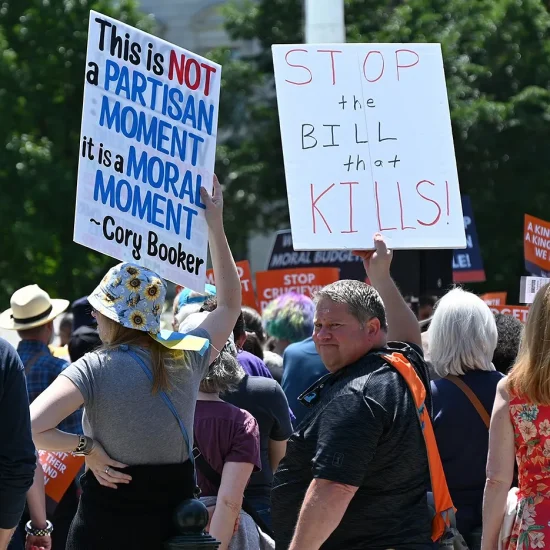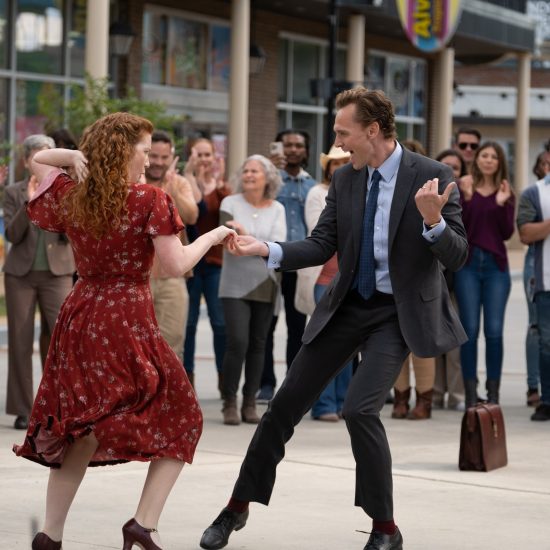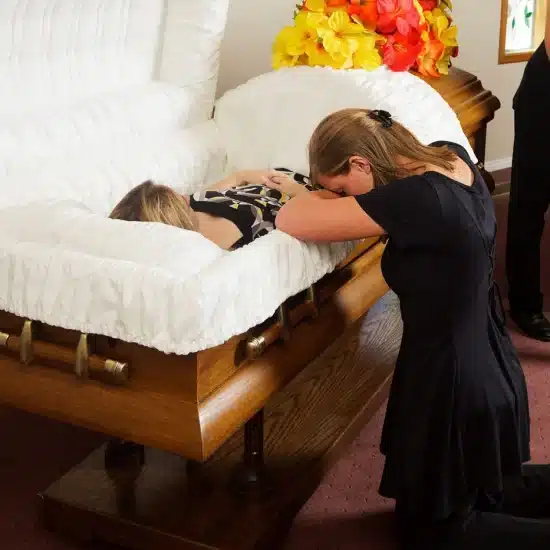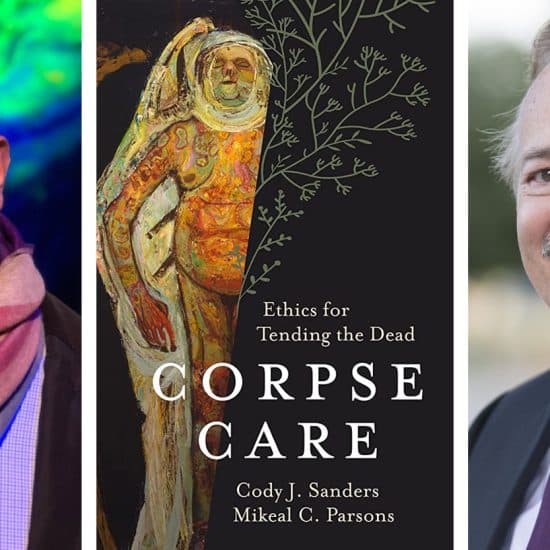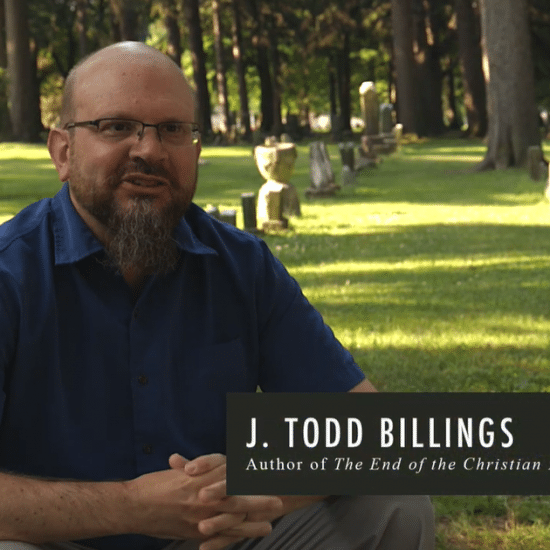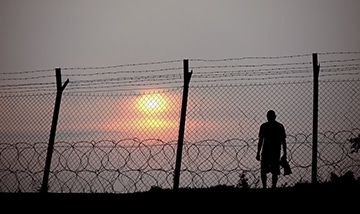
Baptist layman and bestselling author John Grisham opposes the death penalty, as evident in his only nonfiction book and multiple fiction books and short stories.
His 2010 novel The Confession features the case of a wrongly convicted black teenager set to die in the place of a white man who actually committed the crime and buried the body near Joplin, Mo. Along the way, Keith Schroeder, a white Lutheran pastor in Kansas, gets involved and experiences a conversion as he moves from supporting capital punishment to activism against it.
“Keith was a different person, or at least a different preacher,” Grisham wrote. “Suddenly, confronting social injustice was far more important than making his flock feel good each Sunday.”
Churchnet Executive Director Jim Hill also underwent a shift in his thinking about the death penalty, albeit with much less drama than found in Grisham’s tale.
“The older I get and the more I look at the issues, the more I am against the death penalty as a strategy for dealing with crime,” Hill explained. “But even more importantly, I am against it because of how unevenly it is imposed. People of color and people in poverty are far more likely to be given the death penalty.”
“That’s not where I have always been,” Hill admitted.
In recent years, he has added his signature to various pleas to Missouri’s governor to commute a death penalty sentence.
In April, he joined 63 other clergy, elected representatives and activists in signing a letter urging Governor Jay Nixon to stay the executions of two African-American men convicted by all-white juries in St. Louis County. The letter also included a plea for Nixon to create a board of inquiry to study the practice of excluding African Americans from juries.
One man, Andre Cole, was executed April 14, less than two weeks after the letter was sent. For unstated reasons, the Missouri Supreme Court has postponed the scheduled May 12 execution of the other man, Kimber Edwards.
Religious leaders made up more than half of the signers of the letter to Nixon. Of the seven Baptists on the list, Hill is the only white one. He thinks other white Baptists should join their African-American neighbors in sharing concerns about capital punishment.
“I think if people looked at both the economic costs of our current system and the inequality in the way in which it’s imposed, they would have some serious reservations about our current system,” he said.
Polling by the Public Religion Research Institute in September 2014 found that white evangelical Protestants remain the most likely religious demographic to support the death penalty over life in prison for murderers. Favoring the death penalty by a 59 to 34 percent margin, they outpace overall American opinion that supports life in prison by a 48 to 44 percent margin.
White Catholics favor life in prison by a 50 to 45 percent margin, while Black Protestants favor life in prison by a 68 to 25 percent margin.
William “Jimi” Gwynn, pastor of Hope of Glory Christian Assembly in St. Louis, joined Hill in signing the April letter to Nixon. Gwynn also serves as moderator for the Union Missionary Baptist District Association that connects 16 National Baptist churches in the St. Louis area that are part of the Missionary Baptist State Convention of Missouri.
“People of faith should be concerned because it’s less of a civil rights issue and more of a moral, biblical ground,” he said about the death penalty. “That was the major theme of the prophets: oppression and injustice.
“We ought to be picking that up as well as Christians, but especially as the heralds: the pastors and the leaders,” he added.
Elston McCowan, pastor of Star Grace Missionary Baptist Church in St. Louis, also signed the April letter to Nixon. Blasting the death penalty as “archaic,” he noted, “Blacks, Hispanics and poor whites are particularly impacted.” He added that many of those sentenced to death are truly “the least of these” since they “can’t afford attorneys.”
“We know in American and especially in Missouri, justice is not colorblind,” he said.
The finality of the death penalty particularly concerns McCowan.
“Once you execute someone and you find out you were wrong, you can’t give that person their life back,” he explained. “Our rush [in Missouri] to execute someone every month is unjust and unfair.”
Missouri has executed someone each month so far this year, except in January. The scheduled May execution of Edwards remains postponed. Only Texas has executed more people — six — so far in 2015, while three other states have executed a total of four people.
McCowan remains hopeful that public understanding about the death penalty might be changing. He believes that “post-Ferguson” people are starting to recognize the reality of “police brutality” and a “criminal justice system that targets African Americans,” he said.
“The experiences that most African Americans have and have attempted to share with their white counterparts now comes to full focus,” he added. “The same issue is going on with the death penalty in the former slave states. These are simply modern-day lynchings of African Americans and poor whites.”
McCowan welcomes white Baptists to join the cause and speak out with him and other African-American Baptists.
Quoting Martin Luther King, Jr., he added, “In the end, we will remember not the words of our enemies, but the silence of our friends.”
Brian Kaylor is a freelance writer and author based in Jefferson City, Mo.

